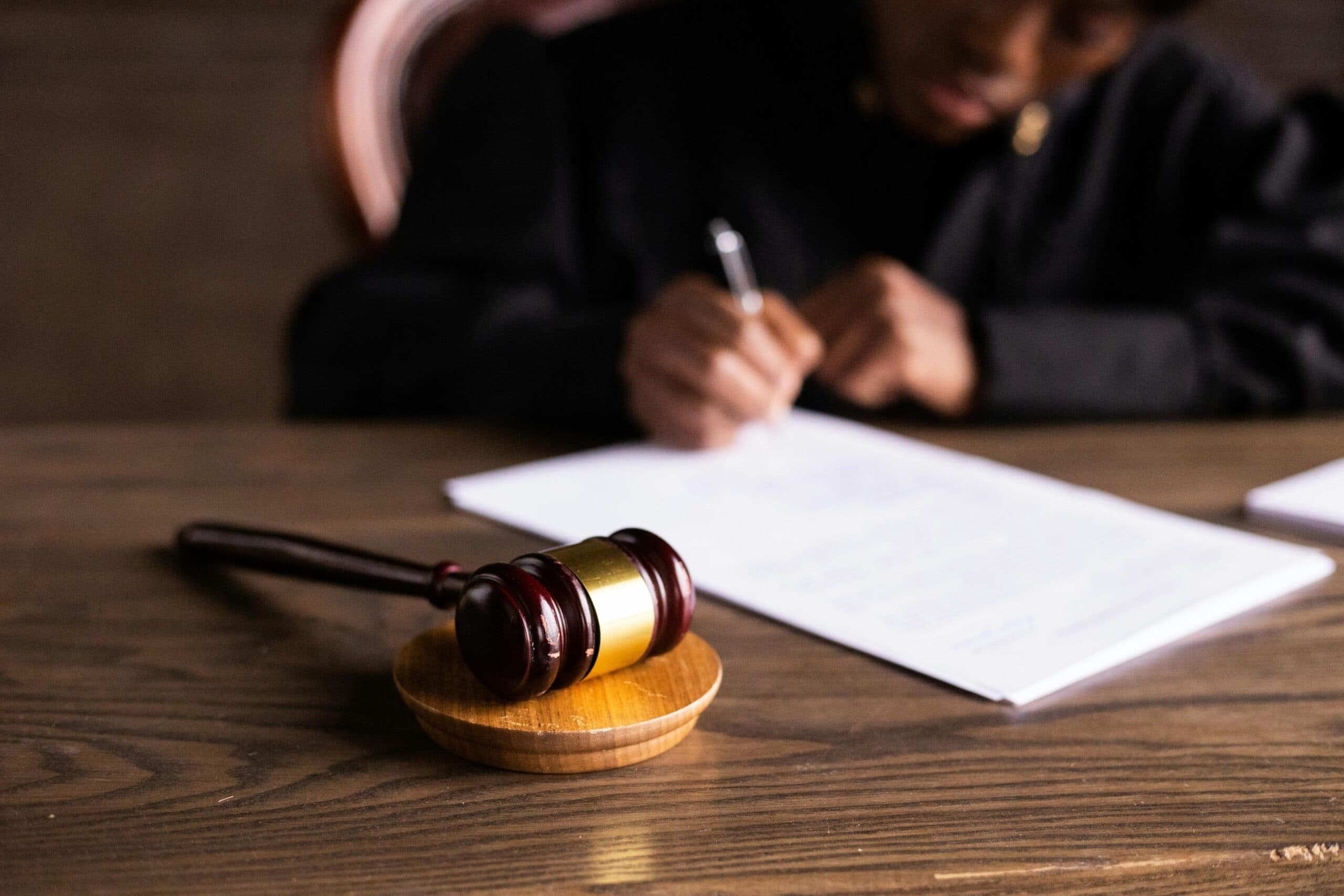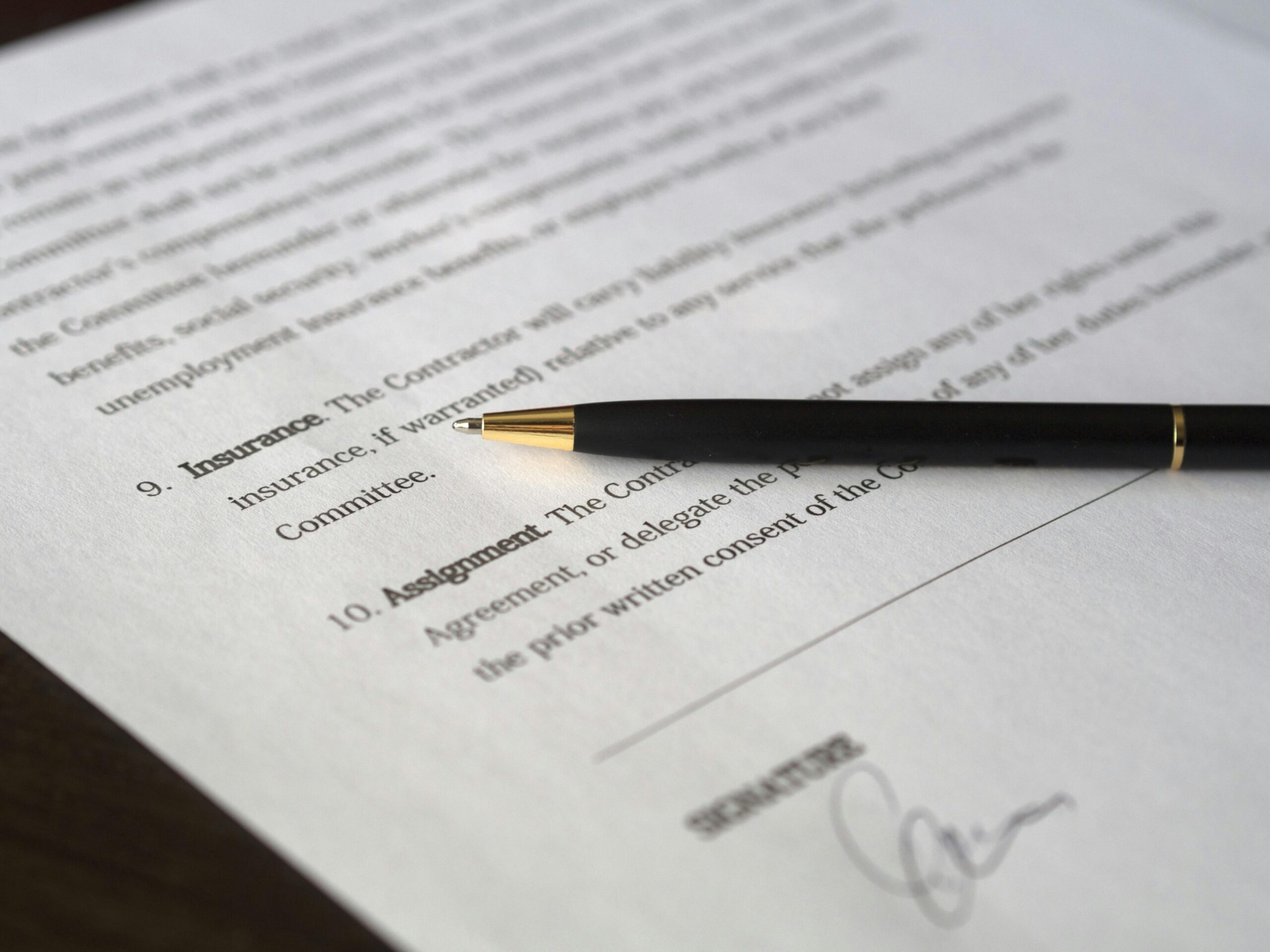
Not every car crash sends you running to court, and not every fender bender requires an expensive legal battle. So what do you do when you’re hurt, your car is damaged, and you’re stuck dealing with insurance? Many people ask: how to settle a car accident claim without a lawyer — and the good news is, it is possible.
Whether you’re trying to save money on legal fees, handle a minor car accident, or simply prefer to handle the process independently without involving a car accident attorney, this guide will walk you through the process step by step. We’ll also explore the risks, protections under the law, and how to avoid common pitfalls that could impact your car accident settlement.
Let’s break it down so you can make informed decisions without feeling overwhelmed.
Step 1: Make Sure You’re Safe and Gather Evidence from the Accident Scene
The moment an accident occurs, your priority is safety. After checking yourself and others for injuries, move to a safe location and call the authorities. Once it’s safe to do so, start collecting the necessary evidence that can support your car insurance claim.
Here’s what to gather at the accident scene:
- Photos of property damage, vehicles involved, and visible injuries.
- Contact information of the other driver and any witnesses.
- Vehicle license plates, make/model of cars.
- A copy of the official police report.
- Documentation of road and weather conditions.
This is the supporting evidence you’ll need to prove your version of events and protect your personal injury claim from dispute. Insurance companies often challenge vague or incomplete claims.
Clear photographs and reliable witness statements can significantly strengthen your position during settlement negotiations.
Step 2: Get Prompt Medical Treatment and Keep Thorough Records
Even if your injuries seem minor, always seek medical treatment after an accident. Injuries like whiplash or soft tissue damage may not be immediately obvious, but they can worsen over time.
Document every step of your recovery process:
- Go to all scheduled doctor’s appointments
- Track medical expenses and future medical bills
- Keep a record of physical therapy, medications, and follow-ups
Your medical records will serve as vital proof of the full extent of your injuries in your injury claim. Without this documentation, your own insurance company or the other driver’s insurance company might argue that you weren’t seriously hurt.
You’re also entitled to non-economic damages, like emotional distress. This requires consistent documentation and personal notes that reflect your daily struggles during recovery.
Step 3: File Your Car Insurance Claim Promptly
Once you’ve gathered evidence and started treatment, notify your insurer. File a car insurance claim with your own insurance company and consider reporting to the other driver’s insurance company as well — especially if they were at fault.
Include:
- The police report
- Photos from the accident scene
- Copies of your medical records and bills
- Repair estimates or receipts for car repairs
- A list of lost wages or lost earning capacity
The claims process can be tedious, and you must remain vigilant. If the insurance adjuster offers a quick settlement offer, pause and consider if it reflects your true damages including any other future expenses.
Step 4: Draft and Send a Clear, Detailed Demand Letter
A demand letter typically outlines your version of how the accident occurred, details of your injuries and medical treatment, and a clear summary of monetary damages like lost wages, medical expenses, and car repairs. You can present a specific dollar amount you believe represents fair compensation. While this letter supports your car accident claim, remember that every situation is unique, and presenting your own demand without legal representation carries significant risks.
Here’s what to include in your demand letter:
- A clear explanation of how the accident occurred and who was the at fault party
- A list of injuries sustained and all related medical treatment
- Documentation of medical expenses, future medical bills, and lost wages
- A summary of property damage or car repairs
- A specific dollar amount you believe reflects fair compensation
- References to supporting evidence, including your police report, medical records, and photographic evidence from the accident scene
Step 5: Handle Settlement Negotiations Cautiously
Now comes the challenging part: settlement negotiations.
An insurance adjuster may downplay your injuries or propose a low settlement offer. This is where many people start wondering, Do I need a lawyer for a minor car accident?
Here’s what you can do to maintain control:
- Respond to counteroffers in writing.
- Reiterate your evidence and expenses.
- Don’t accept the first offer — it’s rarely the best. Many accident victims find that the first settlement offer from the insurance company does not reflect the full extent of their damages, including future medical expenses or emotional distress.
- Emphasize further claims if future medical expenses are likely.
Without legal representation, you must advocate for yourself. There are significant risks in settling too early — especially without understanding the value of future claims, emotional distress, and non-economic damages.
Step 6: Review the Settlement Agreement Carefully
If you reach a deal, the insurance company will send a settlement agreement.
Read it thoroughly. Make sure it:
- Includes full coverage of medical bills, car repairs, and lost wages.
- Releases you from future liability.
- Identifies the at-fault party and monetary damages.
- Doesn’t waive your right to any future claims. Most car accident settlements include language that releases the at-fault party from further claims, including those related to future medical bills or newly discovered injuries.
Once signed, the settlement is typically final. This is one reason why the “car accident lawyer vs no lawyer” debate often tilts toward legal help — especially in cases involving serious injuries or future medical bills. Signing too early without understanding your long-term needs can prevent you from pursuing a personal injury lawsuit later, even if new symptoms or complications arise.
Still, if your case is straightforward and your damages well-documented, you can walk away with a fair settlement.
When to Reconsider and Get Legal Help
Some individuals choose to settle a car accident claim without a lawyer when liability is clear and the injuries are minor. However, serious injuries, complex circumstances, or disputed fault often require legal representation to ensure a fair settlement. You should still weigh the option of a consultation with an experienced attorney if any of the following apply:
- The other driver’s insurance company denies fault
- You suffered serious injuries or may require long-term care
- You’re unsure how to calculate lost earning capacity
- You’re overwhelmed by legal documents or feel pressured
A car accident lawyer can provide guidance, tap into expert witnesses, and ensure you receive fair compensation — especially in complex or emotionally charged cases. As the injured party, you hold the right to seek fair compensation without legal representation—but you also carry the responsibility of protecting your interests throughout the process.
Can You Settle Without a Lawyer?
Yes, you can learn how to settle a car accident claim without a lawyer, especially for minor cases with clear liability and documented injuries. By gathering evidence, managing communication with insurers, and advocating for a fair settlement, many accident victims resolve claims on their own.
Still, keep in mind that insurance companies have legal teams and trained insurance adjusters working to limit payouts. If you’re unsure, overwhelmed, or simply want peace of mind, reaching out to a car accident attorney for a consultation doesn’t lock you into hiring one — but it can protect your rights.
In some cases, injured parties who gather evidence, track medical records, and handle negotiations with the insurance company can settle a car accident claim on their own. Still, those who experience significant injuries or anticipate future claims should consider consulting a car accident lawyer to protect their rights.
Helpful Resources for Accident Victims
If you’re settling a car accident claim on your own, having access to the right information can make all the difference.
The following resources can help you understand your rights, file complaints, and stay informed throughout the process:
- National Highway Traffic Safety Administration (NHTSA):
Report vehicle defects or safety issues, explore recalls, and stay informed about accident-related investigations. - Centers for Disease Control and Prevention (CDC) – Traumatic Brain Injury Info:
Learn about symptoms of head injuries and delayed physical effects, especially important if you’re unsure about the extent of your injuries. - Insurance Information Institute:
Understand how to file an auto insurance claim, what documents you need, and how the claims process works.
Each of these platforms provides free, unbiased guidance to help accident victims protect their rights and stay informed especially if they choose to move forward without legal representation.
Need Help Understanding Your Claim?
At Bourassa Law Group, we recognize that settling a car accident claim on your own can feel overwhelming—especially when you’re dealing with injuries, insurance companies, and uncertainty about your next steps. If you’re navigating the process independently, we’re here to provide the valuable information and clarity you need to feel confident in your decisions.
Sometimes, just knowing your options can make all the difference. If questions arise or if the path forward becomes complex, our team is available to review your situation and offer honest, pressure-free insight.
Schedule a free consultation with us today. Whether you continue on your own or decide to seek legal support, you’ll leave the conversation with greater understanding and direction.





